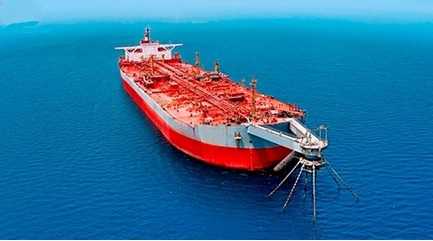
SANAA, July 15 (Xinhua) -- A vessel chartered by the United Nations set sail from Djibouti on Saturday toward Yemen to transfer oil from a deteriorating tanker that poses a major environmental and humanitarian threat.
The replacement vessel, Nautica, is expected to arrive at the site of the FSO Safer supertanker on Sunday. Once it arrives, a meticulous ship-to-ship transfer operation will be initiated to extract the oil from the Safer, according to a statement from the UN Development Programme (UNDP).
The Safer, which is estimated to contain 1 million barrels of oil, has been deteriorating for years and is at risk of breaking up or exploding. A major spill from the vessel would have devastating consequences for the environment and the millions of people who live in the region.
The UNDP, which is overseeing the operation, said all technical preparations and agreements have been finalized.
"With the Nautica now en route, we expect the oil removal from the Safer to commence within the next week," said Achim Steiner, the UNDP administrator.
"Removing the threat the Safer poses will be a huge achievement for the many people who have worked tirelessly on this complex and difficult project over months and years to bring us to this point. We will not rest until that threat is gone, and today we are close to beginning the operation," he added.
Speaking from aboard the Nautica, David Gressly, UN resident and humanitarian coordinator for Yemen, emphasized that the ship-to-ship transfer of oil represents a significant milestone but does not signal the end of the operation.
"The next critical step involves the installation of a CALM buoy to securely moor the replacement vessel," said Gressly.
The FSO Safer is a floating storage and offloading (FSO) vessel that was built in 1976. It was anchored off the coast of Yemen in 1984 to store oil produced by the Marib oil field. The tanker was designed to be emptied and maintained regularly, but the war in Yemen has made the work impossible.
On May 30, a UN engineering vessel arrived at the site of the FSO Safer to make preparations for the transfer of its oil.
The United Nations has warned that a spill from the FSO Safer could have a devastating impact on the Red Sea and the coastline of Yemen. The spill could release four times as much oil as the 1989 Exxon Valdez disaster, which killed thousands of seabirds and marine mammals and caused widespread environmental damage.




